Double Sided Adhesive Tape
- High initial adhesion (tack)
- High shear strength
- Excellent resistance to aging, weathering, and temperature.
- Extensive resistance to the influence of chemicals and solvents (domestic cleaners and polishing agents)
- Because of its compressible and elastic foam carrier, the adhesive tape assures a perfect adaption to surfaces by compensating for different expansion coefficients of the joined substrates.
- Suitable for indoor and outdoor applications on smooth and slightly rough surfaces.
Applicability on:
Rubber | Fabric | Glass/Ceramics | Wood | High-energy plastics: PVC, PC, ABS. | Low energy plastics: PE, PP. | Metal | Paper/Cardboard.
Download low res image
Download all images As a zip
Download printing instruction As a pdf
Customize Quotation Sheet

- Description
- Application
- Packaging Details
- Reviews (0)
Description
DuploCOLL Double Sided Adhesive Tape
Product Advantages
- High initial adhesion (tack)
- High shear strength
- Excellent resistance to aging, weathering, and temperature.
- Extensive resistance to the influence of chemicals and solvents (domestic cleaners and polishing agents)
- Because of its compressible and elastic foam carrier, the adhesive tape assures a perfect adaption to surfaces by compensating for different expansion coefficients of the joined substrates.
- Suitable for indoor and outdoor applications on smooth and slightly rough surfaces.
Applicability on
- Rubber.
- Fabric.
- Glass/Ceramics.
- Wood.
- High-energy plastics: PVC, PC, ABS.
- Low energy plastics: PE, PP.
- Metal.
- Paper/Cardboard.
Application temperature
The most favorable temperature for using pressure-sensitive adhesive tapes is in the range of +18 ?C to +35 ?C. If the storage temperature deviates strongly, we recommend reconditioning before processing. If bonding is carried out at low temperatures, the initial strength of the bond will be reduced.
Surfaces
The surfaces of the materials to be bonded must be dry and clean. Ensure all materials are at the same temperature prior to bonding (see above). Condensation of moisture on surfaces to be bonded (e. g. when carrying cold objects into a warmer room) must be avoided. The materials to be bonded must be free from dust, grease, oil, and separating agents and cleaned if necessary. Loose paint or protective coatings must be removed or stabilized.
Surface finish
Good bonds are achieved on smooth surfaces: rough surfaces may require thicker adhesive tape. The following are examples of problem-free bonding materials: metals and high-energy plastics (e. g. ABS, polycarbonate, rigid PVC). Plastics containing plasticizers require special attention. The plasticizer can cause changes in the adhesive layer with the result that the strength of the bond is impaired. Double-sided pressure-sensitive adhesive tapes are available for most applications, but, in the case of problematic surfaces (such as polyethylene, polypropylene, plastics containing lubricants, powder coatings, and rubber), appropriate testing should be carried out beforehand. Pre-treatment may be needed for some low-energy surfaces.
Cleaning
For cleaning the surfaces only use a clean cloth and a solvent that is compatible with the materials, e. g. benzines, alcohol, esters, or ketones.
High contact pressure promotes all-over contact
Contact pressure (approx. 10?15 N/cm2) is applied manually with a roller or surface press. Hard-type (?dry?) adhesive tape requires greater contact pressure than soft tape. Full adhesive strength is only reached in the case of hard adhesives after at least 24 hours at normal temperatures.
Avoid any unnecessary loads
Bonds must be made in such a way that no lever action (cleavage stress) can arise. Any shearing or tensile stress must be able to spread across the entire adhesive surface. Continuous peeling stresses impair the permanent elasticity of the bond (e. g. plates to be applied to curved surfaces must first be suitably performed). Avoid stresses at the ends of the materials to be bonded.
Storage
Pressure-sensitive adhesive tape should be stored at room temperature (15 – 25 ?C) and normal humidity and should be protected against direct sunlight and moisture. For information regarding the storage stability of the different adhesive classes please have a look at the back of the paper.
Additional information
| Dimensions | 1.2 cm |
|---|---|
| HS Code | 39199090 |
| Country of Origin | China |
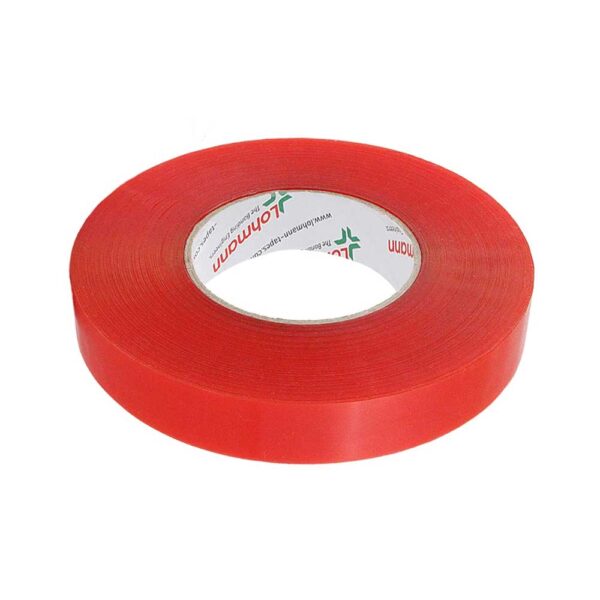
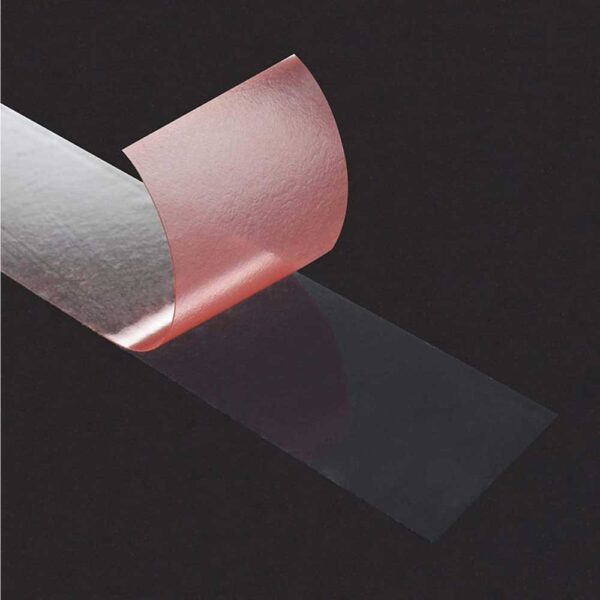
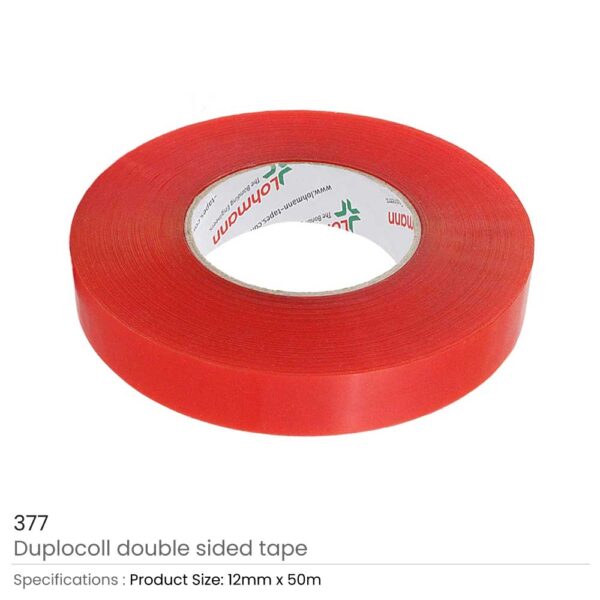
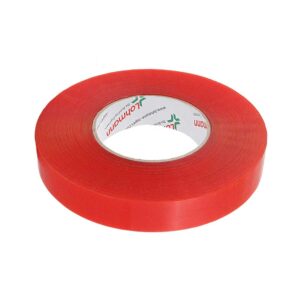
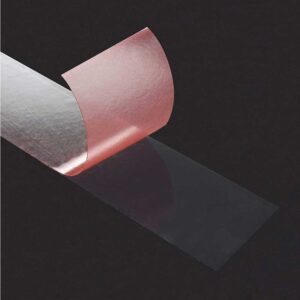
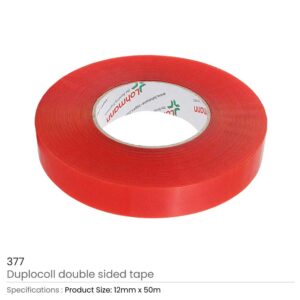
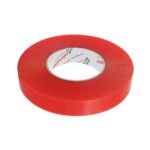
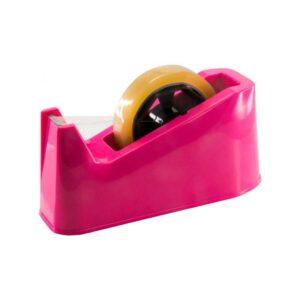
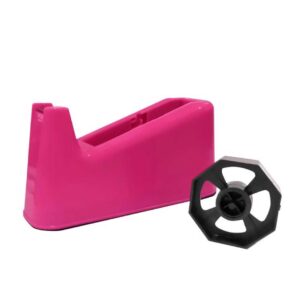
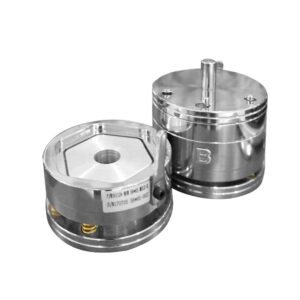
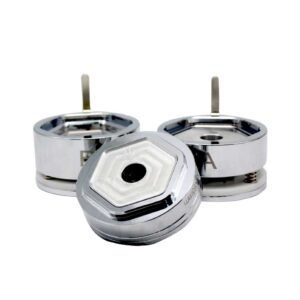
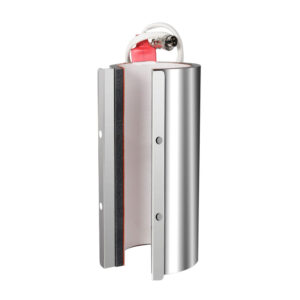
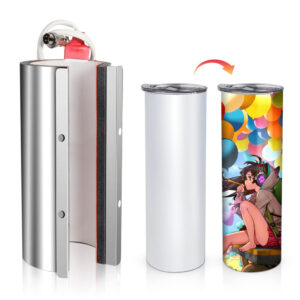
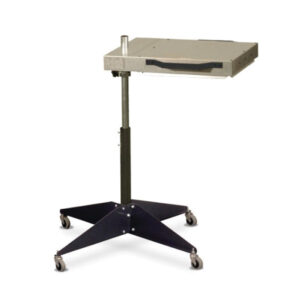
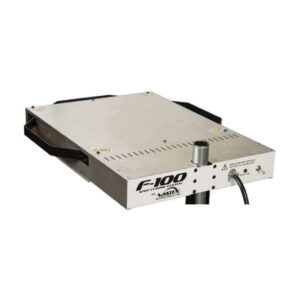
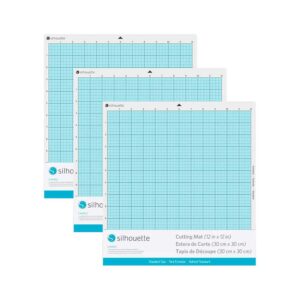
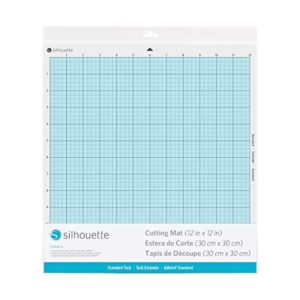
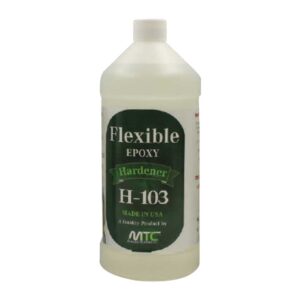
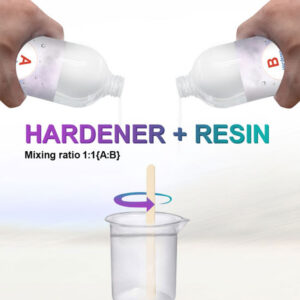
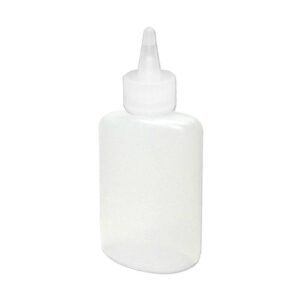
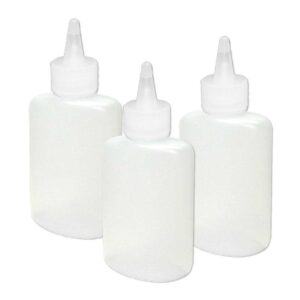
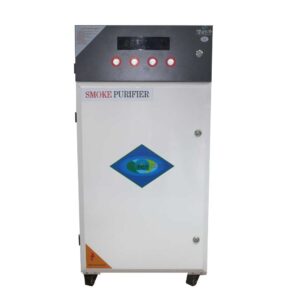
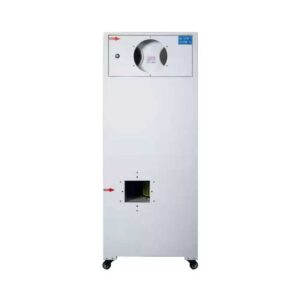
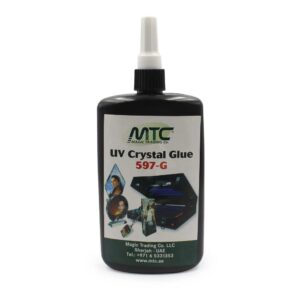
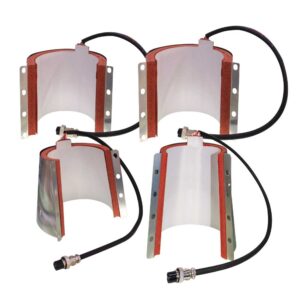
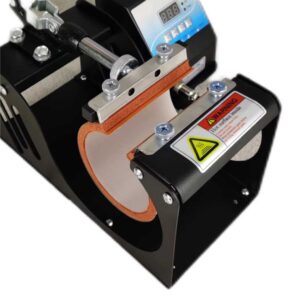
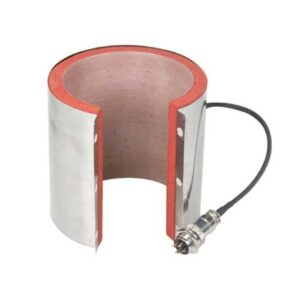
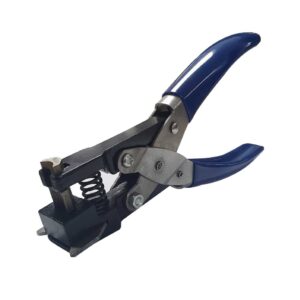
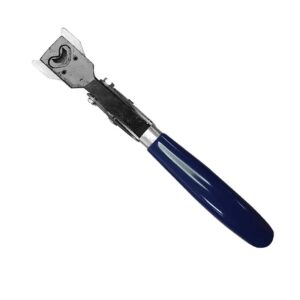
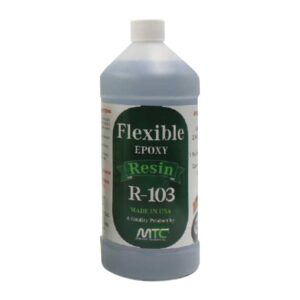
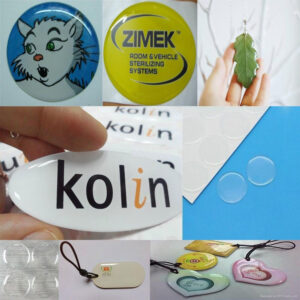
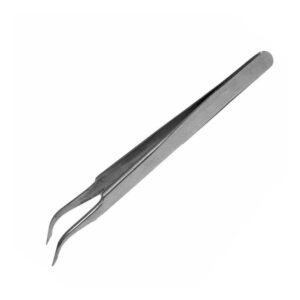
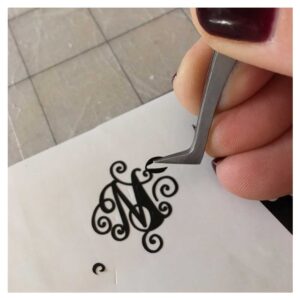
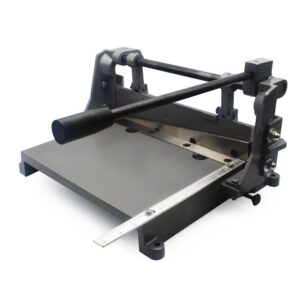
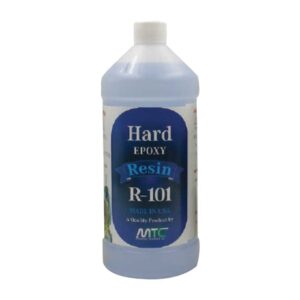
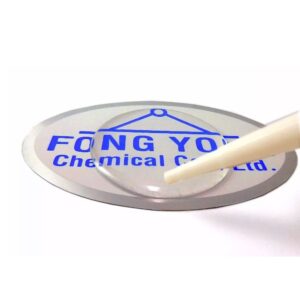
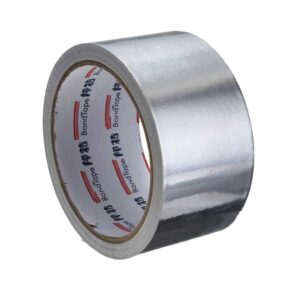
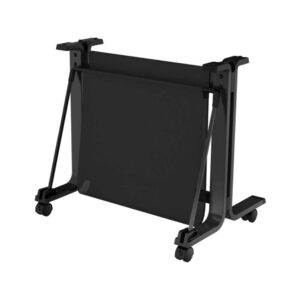
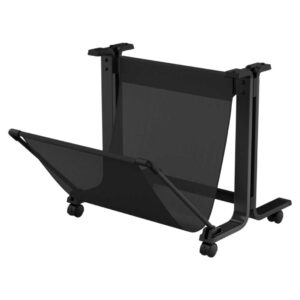
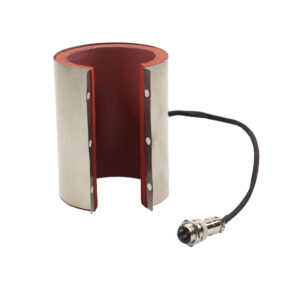
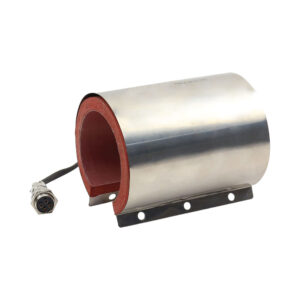
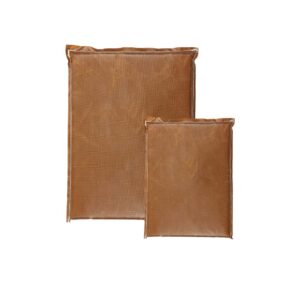

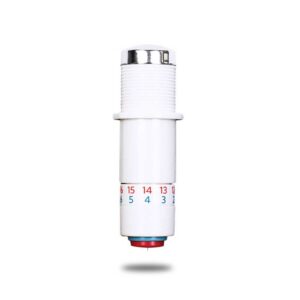
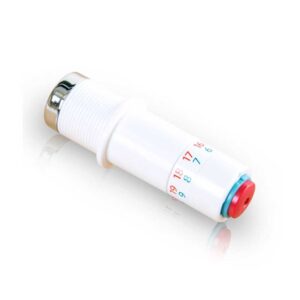
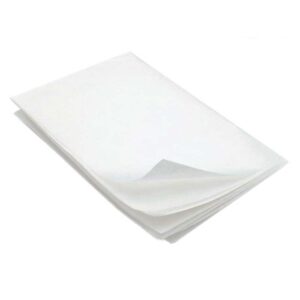

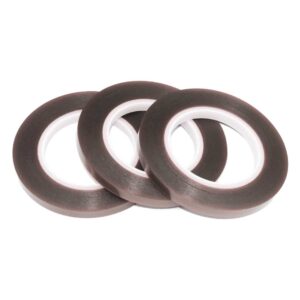
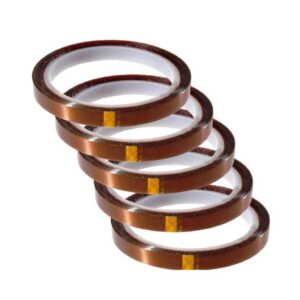
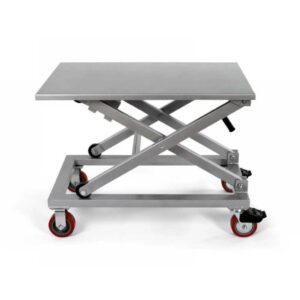
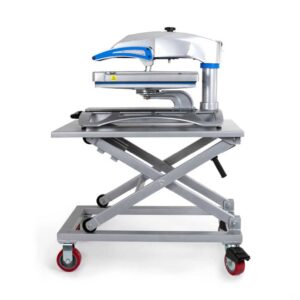
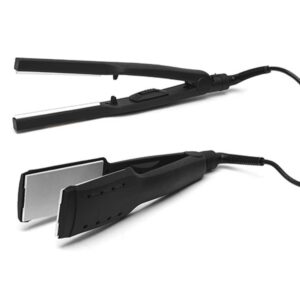

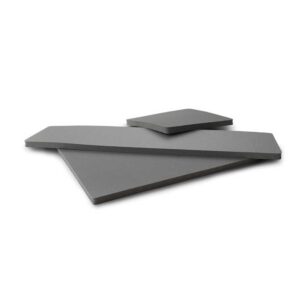
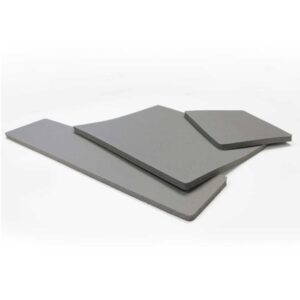
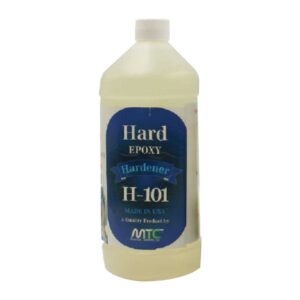
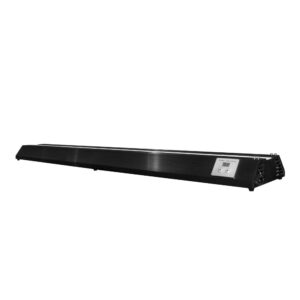
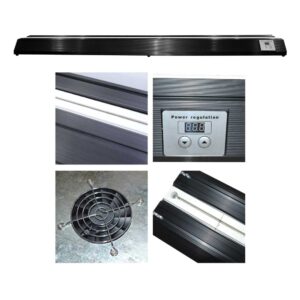
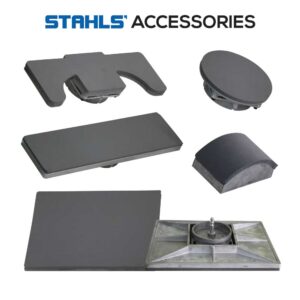
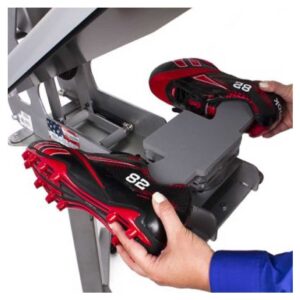
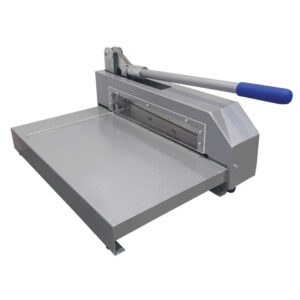
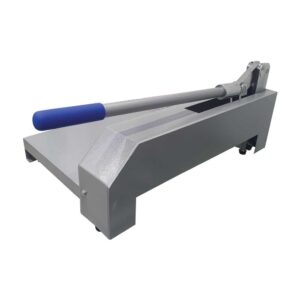
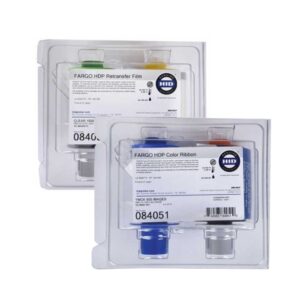
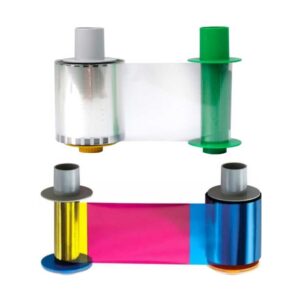
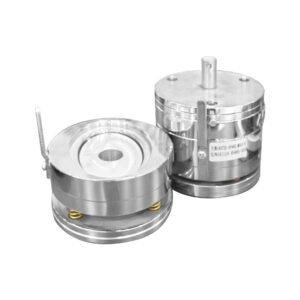
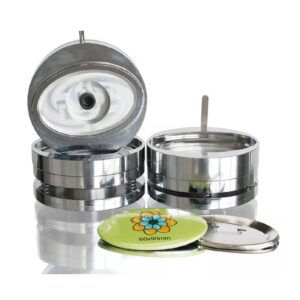
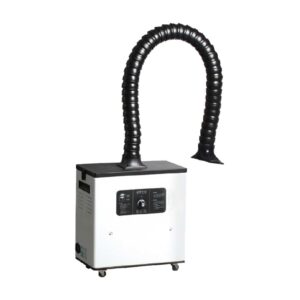
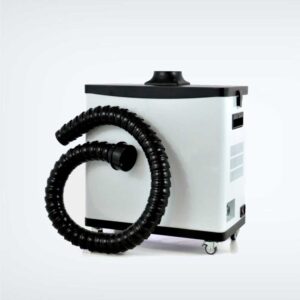
























Reviews
There are no reviews yet.